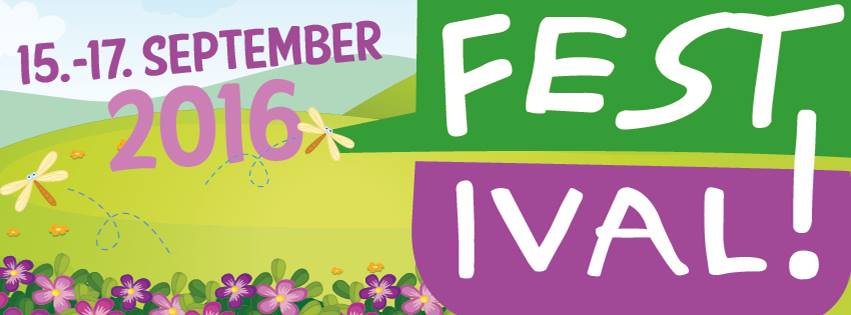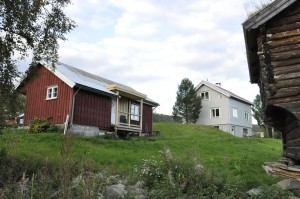En smakebit på søndag er et konsept jeg har lånt av Mari på Flukten fra virkeligheten. Alt du trenger å gjøre er å slå opp i boka du leser nå og velge ut noen setninger du synes passer – uten at de avslører for mye av handlingen – før du legger dem ut på bloggen din og legger igjen ei lenke i innlegget til Mari. På denne måten kan vi klikke oss fra smakebit til smakebit, og kanskje oppdage nye skatter?

Jeg har ikke så mye tid til å lese om dagen, men koser meg fortsatt med The Humans av Matt Haig (er ikke omslaget fint, forresten?) Den handler fortsatt om følgende: It’s hardest to belong when you’re closest to home… One wet Friday evening, Professor Andrew Martin of Cambridge University solves the world’s greatest mathematical riddle. Then he disappears. When he is found walking naked along the motorway, Professor Martin seems different. Besides the lack of clothes, he now finds normal life pointless. His loving wife and teenage son seem repulsive to him. In fact, he hates everyone on the planet. Everyone, that is, except Newton. And he’s a dog. Can a bit of Debussy and Emily Dickinson keep him from murder? Can the species which invented cheap white wine and peanut butter sandwiches be all that bad? And what is the warm feeling he gets when he looks into his wife’s eyes?
Boka er stappfull av sitatvennlige passasjer, selv om den kanskje er litt enkel og ikke den mest originale fortellingen jeg har vært borti. Smakebiten i dag kommer fra side 259:
But once humans really study things in depth – whether the artificially divided fields of quantum physics or biology or neuroscience or mathematics or love – they come closer and closer to nonsense, irrationality and anarchy. Everything they know is disproved, over and over again. The Earth is not flat; leeches have no medical value; there is no God; progress is a myth; the present is all they have.
And this doesn’t just happen on the big scale. It happens to each individual human too.
In every life there is a moment. A crisis. One that says: What I believe is wrong. It happens to everyone, the only difference is how that knowledge changes them. In most cases, it is simply a case of burying that knowledge and pretending it isn’t there. That is how humans grow old. That is ultimately what creases their faces and curves their backs and shrinks their mouths and ambitions.


